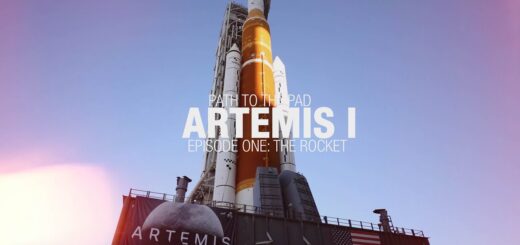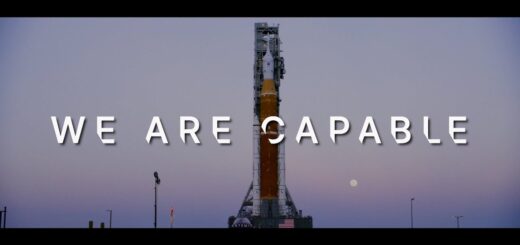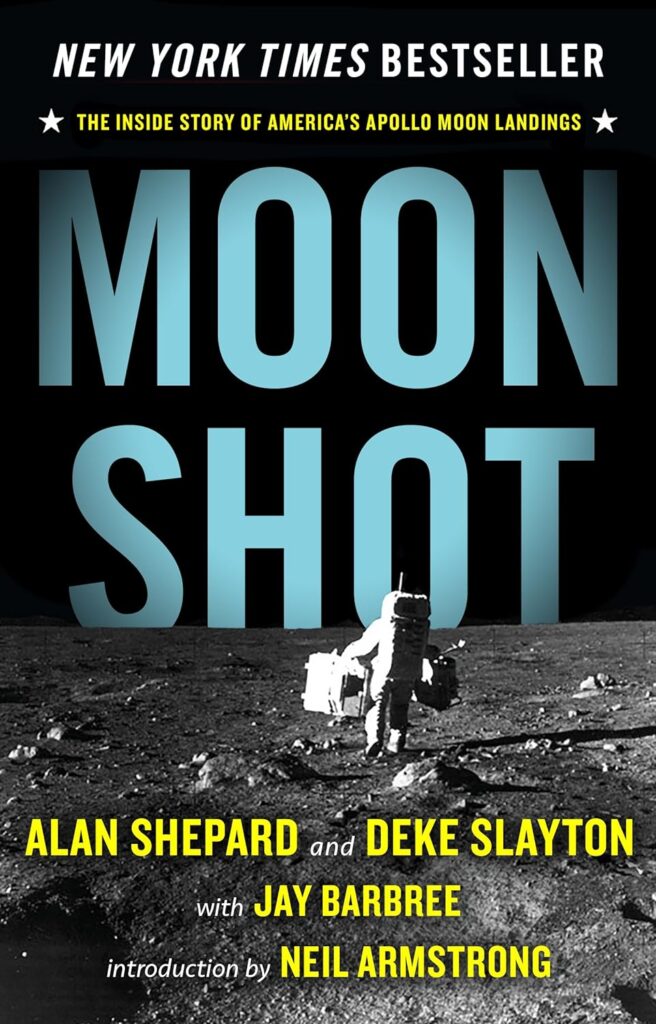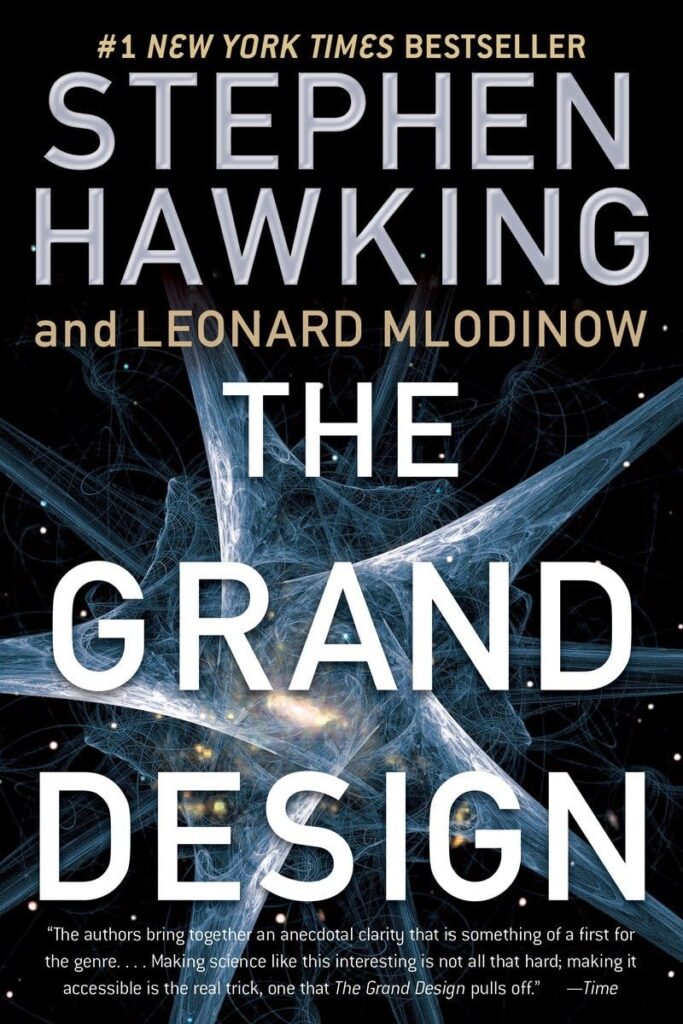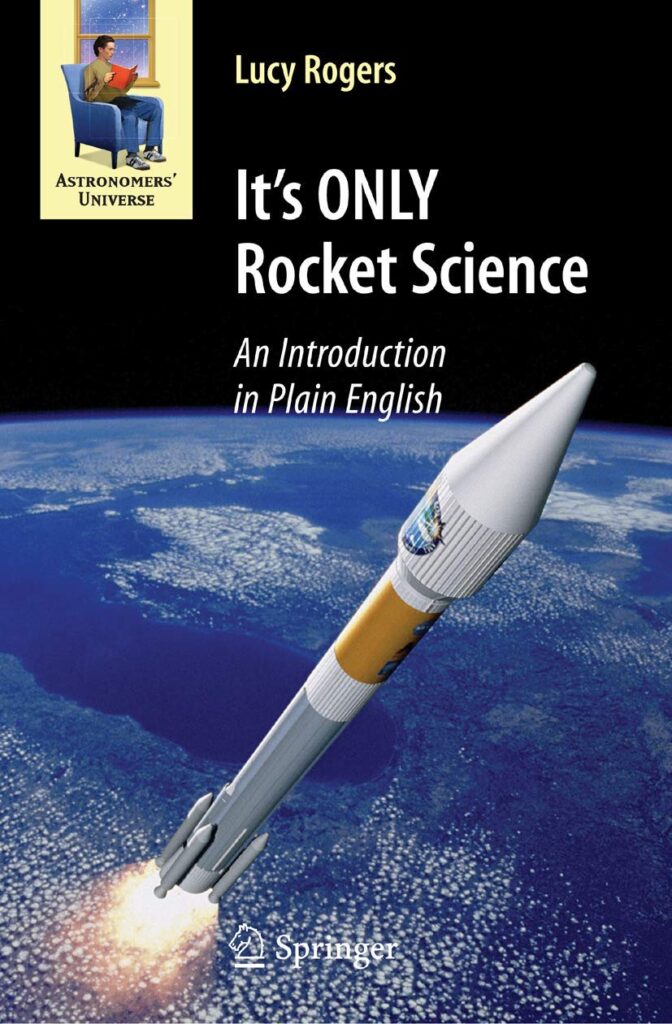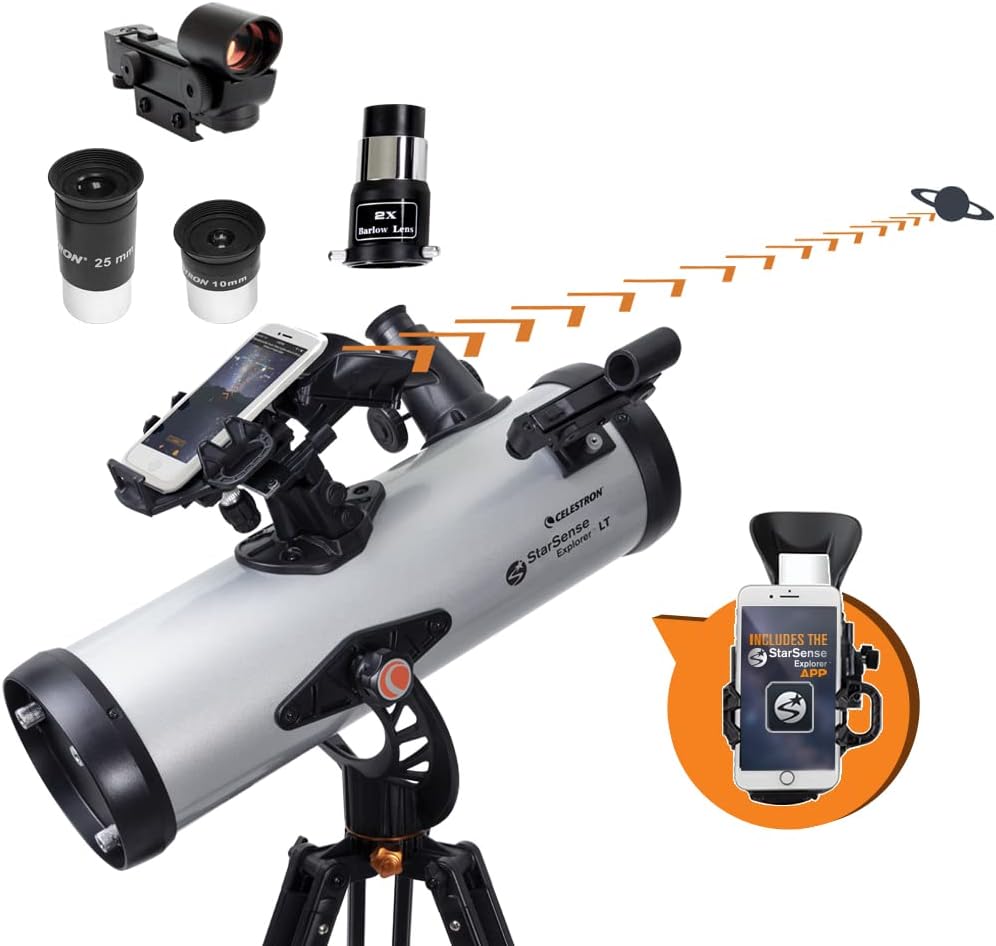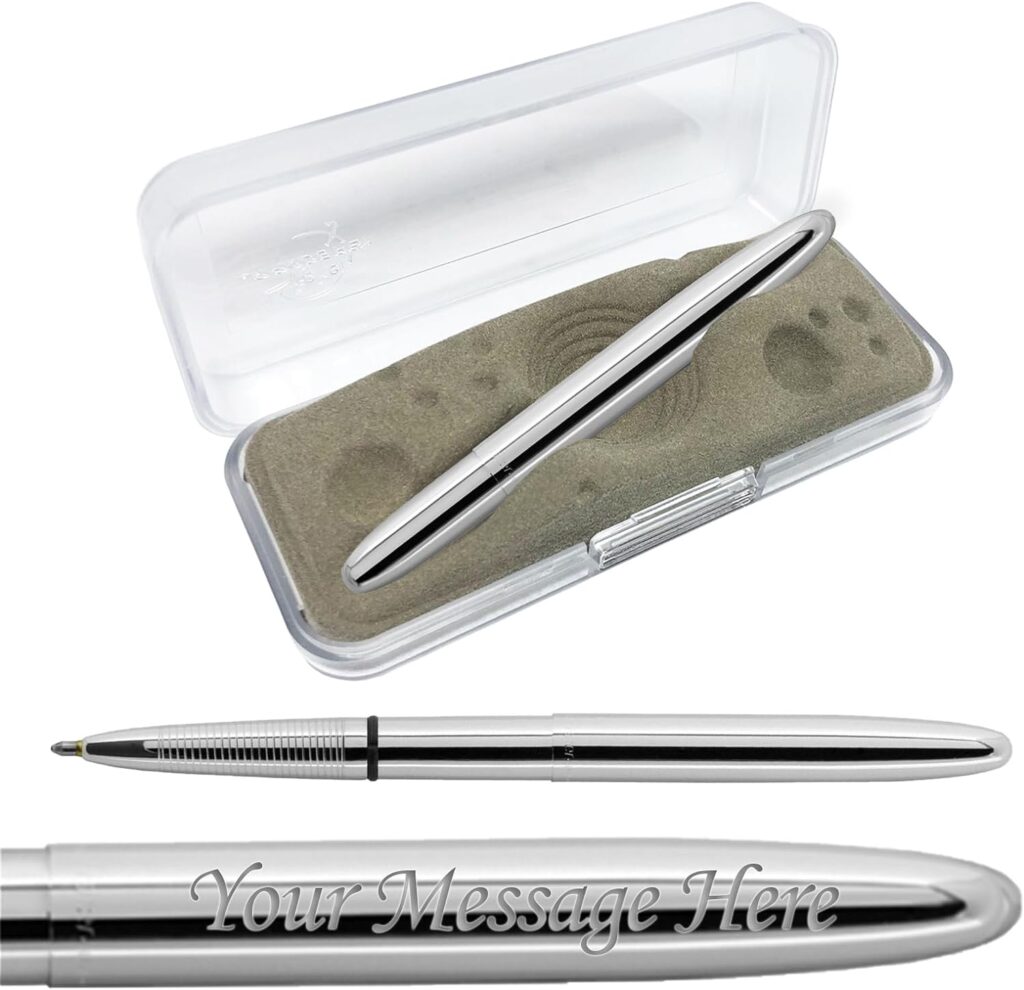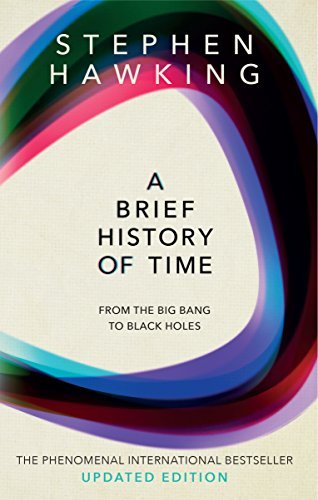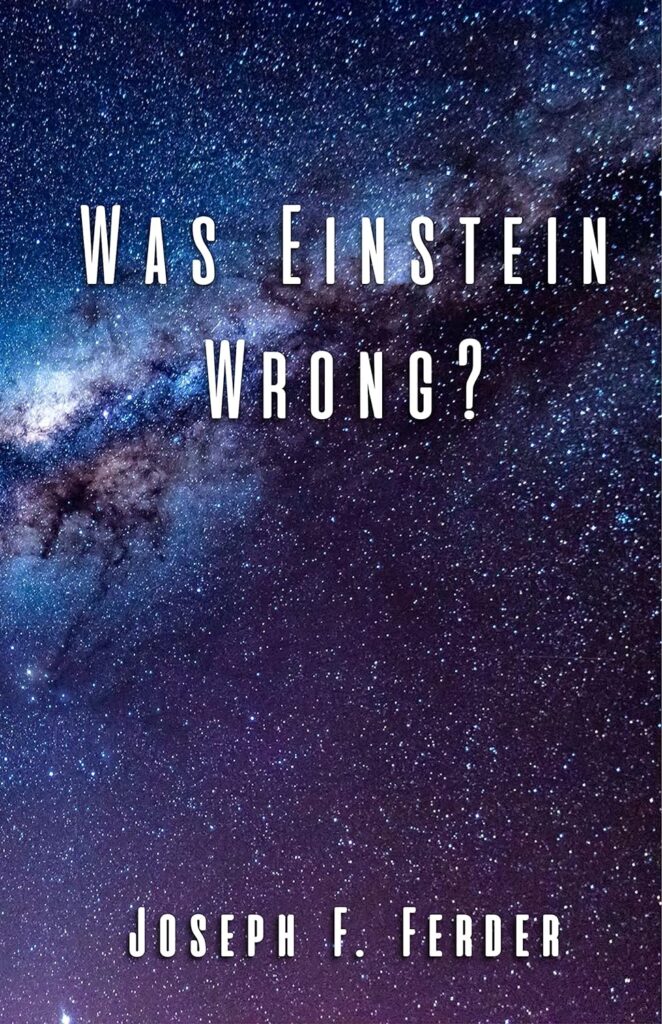GPS: The Revolutionary Navigation Technology | Global Positioning System | Satellites
Have you ever been lost while driving? Like you thought you were going to the grocery store but ended up in another country lost? Well, have no fear because today we’re going to talk about the inventor of the Global Positioning System (GPS) and how it’s changed the world as we know it. First, let’s talk about the geniuses behind this incredible invention. Roger L. Easton was a scientist and engineer at the Naval Research Laboratory, and is considered to be the brain behind GPS. Easton worked on technology to track satellites like the Soviet Union’s Sputnik before fathering a time-based navigational concept called TIMATION which utilized passive ranging, circular orbits, and space-borne high precision clocks synchronized to a master clock. Even today, these features are vital in any modern GPS. Doctor Gladys West was a mathematician and computer programmer who also worked at the Naval Research Laboratory. West’s work focused on refining the algorithms used to model the shape of the Earth, known as the geoid, which is crucial for determining precise GPS positions. Her contributions were critical in improving the accuracy of GPS, making it possible to locate positions within a few meters, instead of miles. West’s work on GPS was largely unknown until recent years, when her contributions were recognized and acknowledged. Now, you might be thinking, “Well, what were they trying to accomplish at that time with GPS?” And the answer is simple, they were just trying to solve a problem. You see, back in the day, the Navy needed a way to navigate their ships at sea without having to rely on landmarks or the stars. And so, Roger and his team set out to create a system that would allow them to navigate anywhere in the world, even in the middle of the ocean. GPS wasn’t just born overnight. No, it was a long and complicated process, lasting over 30 years! Launching a bunch of satellites into space that are going to circle the Earth and help us find our way is like trying to hit a bullseye from a mile away, blindfolded, with a frisbee. But, the engineers and scientists at the Naval Research Laboratory were up for the challenge. They launched the first GPS satellite in 1978 and within a few years, there were enough satellites in orbit to start testing the system. These satellites are like your personal superheroes, always watching over you, making sure you’re never lost. What happens is, the satellites receive your signal and they reply, “I got you homie, bet!” or something like that I’m sure. And then they send back information about your location and where you need to go. But, how does it know your location? Well, think of it like a big game of Marco Polo. Your GPS is saying, “Marco!” and the satellites are saying, “Polo!” The more times they play this game, the more accurate they are in determining your location. It’s like trying to catch a butterfly in a net, but instead of a butterfly, it’s your location and instead of a net, it’s a group of satellites. It’s like having a personal tour guide in your pocket, always telling you where to go and how to get there. GPS has changed the way we live, work, and play. For starters, it’s made navigation in our cars a breeze. No more fumbling with maps or asking for directions from strangers. Just type in your destination and let GPS do the rest. And let’s not forget, GPS has also revolutionized the way we find food. It’s like having a personal foodie in your pocket, always telling you where to find the best pizza or sushi in town. Without GPS, how would your Uber Eats driver find you? Laying there, with just enough energy to check the door and maybe a restroom break before you get back to Netflix. Not judging! GPS has also changed the way we play. It’s made geocaching, a high-tech treasure hunt, a worldwide phenomenon. And let’s not forget about the impact GPS has had on the world of sports. It’s made it possible to track your progress and set personal records while running, biking, or even golfing. It’s used by military personnel to save lives on the battlefield and it’s also used by emergency responders to quickly locate people in need of help. It’s a lifesaving tool that has changed the world as we know it. So, the next time you’re lost and you pull out your trusty GPS, just remember, it took the determination and creativity of smart people like Roger L. Easton and Gladys West to make sure you never have to ask for directions again.


